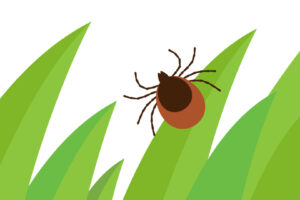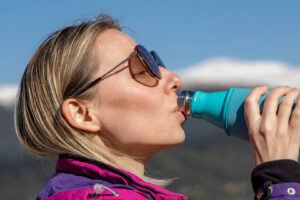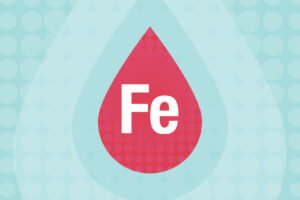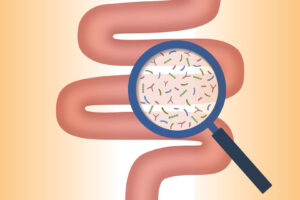Temperatures are expected to stay over 90 degrees this week. Children, the elderly and people with chronic health conditions such as heart disease, coronary artery disease, congestive heart failure, COPD, asthma, pulmonary hypertension or obesity need to be carefully monitored in hot weather conditions. Whenever possible, avoid being outdoors and stay in an air-conditioned area, either your own home, a friend’s home or local mall.
The first warning signs of heat exhaustion include:
- Confusion
- Dark-colored urine (a sign of dehydration)
- Dizziness
- Fainting
- Fatigue
- Headache
- Muscle cramps
- Nausea
- Pale, clammy skin
- Profuse sweating
- Rapid heartbeat
If you begin to experience these symptoms, get into a cool, air-conditioned area, drink fluids, rest and if you feel worse, go to your nearest emergency room for a medical evaluation.
Heat exhaustion left untreated can develop into heat stroke and IMMEDIATE medical attention is necessary. At the point of heat stroke, the body can no longer sweat and the body temperature can quickly reach highs of 103 degrees or higher. Death or permanent disability can occur if medical treatment is delayed.
Warning signs of heat stroke include:
- High body temperature (above 103°F)
- Hot, red, dry or moist skin
- Rapid and strong pulse
- Possible unconsciousness
If you suspect someone may be suffering from heat stroke, call 911, get them into a cool, air-conditioned area and begin cooling their body with cold water. Direct a fan at the person; the moving air will dramatically increase cooling. It is also recommended to avoid strenuous outdoor activities from 10 a.m. to 4 p.m. If you must be outside for work, wear lightweight clothing, drink fluids, especially water, throughout the day, even before feeling thirsty, wear a wide brimmed hat and take breaks in cool areas as frequently as possible.





